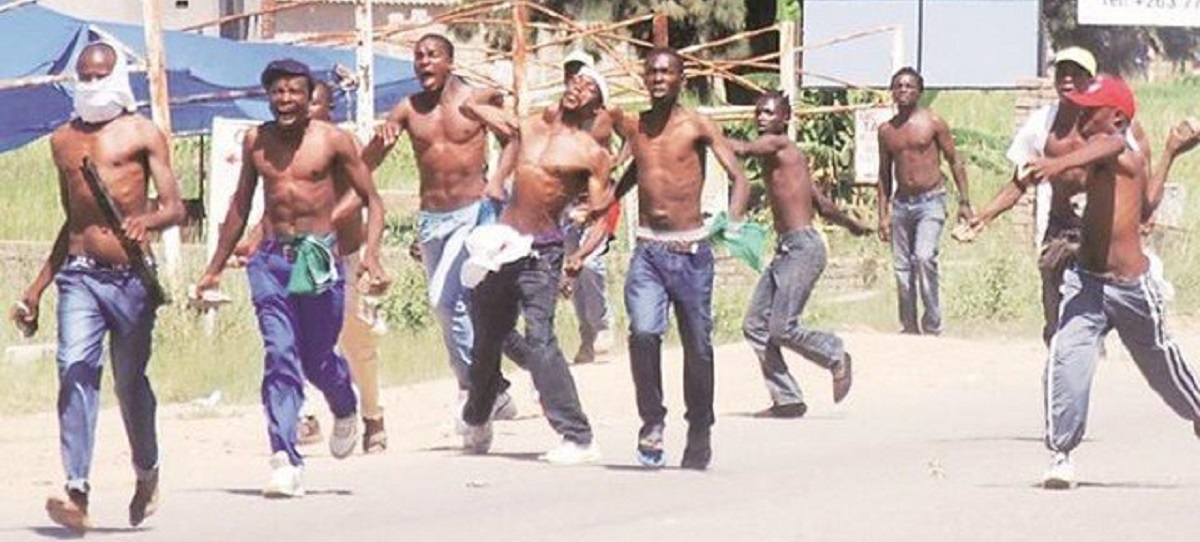A high-ranking member of the United States (US) Senate Foreign Relations Committee, Senator Jim Risch, says attacks on opposition political activists are likely to increase, as the country moves towards the harmonised elections in 2023.
His view is based on the recent murder of political change activist, Moreblessing Ali, whose mutilated remains were found on June 12, 2022, after she went missing on May 24, 2022.
However, the Zimbabwe Republic Police (ZRP) refuted claims that the callous murder was politically motivated claiming it was a case of domestic violence.
The ZRP said they have launched a manhunt for the murder suspect, Pius Jamba, who is alleged to have killed Ali and dumped her mutilated body in a well at Denota Farm in Beatrice.
In a Twitter post, US Senator Risch said the brutal killing of Ali indicates a possibility of an increase in attacks on opposition activists as Zimbabwe gears for its 2023 elections.
“If history is a lesson, attacks on opposition activists will increase ahead of Zimbabwe’s 2023 election. The abduction and brutal murder of Moreblessing Ali and the attacks against mourners at her funeral yesterday must garner international attention and strong condemnation,” he said.
On February 26, 2022, Zimbabwe’s Vice President, Constantino Chiwenga, sent a warning to the Citizens Coalition for Change (CCC), saying the ruling Zanu PF party would “crush the party like lice”.
Weighing on the possibility of attacks on opposition activists, political analyst, Patrick Ndlovu said although Ali’s case was under investigation, there was no doubt that the state usually intimidated political opposition supporters towards elections.
“We have seen assault on opposition members and activists in the past and even in the recent March 26 by-elections. This sends a message to people that if they ‘wrongly’ support a party that is not their choice, they will be in for it,” Ndlovu noted.
“Police must enforce the law and act on suspects whoever they are or where they are from, No one is above the law and suspected criminals must be brought to book.”

